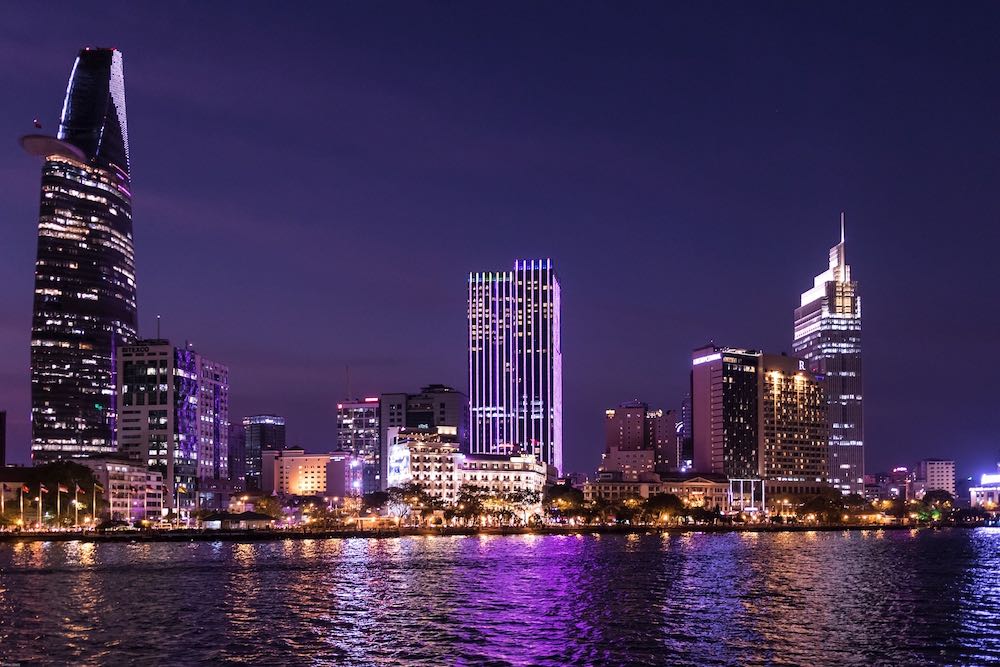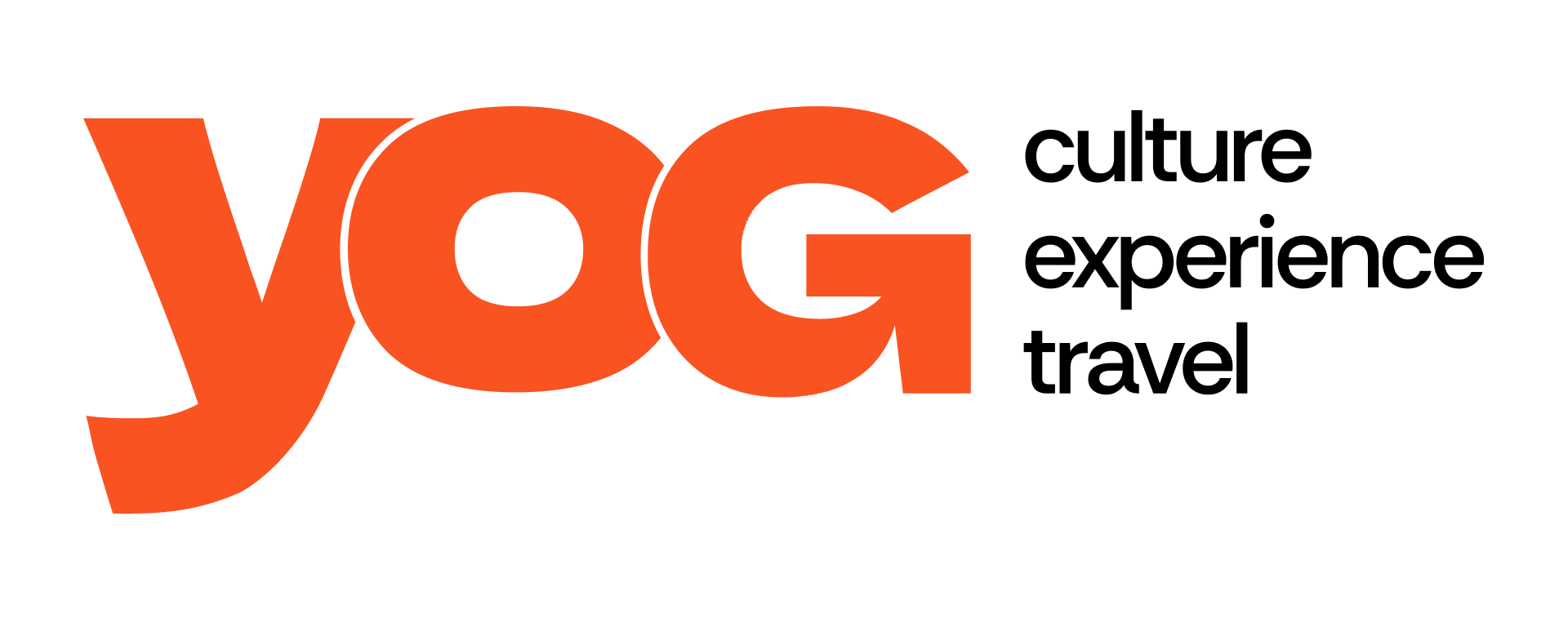So, you’ve just landed a graduate job in Vietnam – congratulations! A whole new world of opportunity and experience is about to open up. Vietnam secures great economic rankings among expats according to the HSBC Expat Explorer Survey 2017; scoring 29th for job security, 19th for work–life balance, 18th for career progression and 10th for disposable income. This could explain why Vietnam such a popular location for graduates to live and work.
To help you prepare for the big adventure, here are some tips for moving to Vietnam before starting your new job.
Staying healthy
There are many clinics and hospitals in Vietnam’s major cities which offer a higher standard of care than you may find in the more rural areas of the country. This is why it may be wise to choose to look into international health insurance before starting your graduate job in Vietnam, as it may give you peace of mind knowing that you’ll be in safe hands should you have an accident or get ill.
As well as making sure you are properly covered against illness, it is also worth noting that the climate can take some getting used to. Summers are hot and humid, with plenty of rainfall. The winters are mostly dry – but with temperatures averaging 17–22 degrees Celsius, it should still feel relatively warm for most graduates. During the tropical summers, try to wear light, loose clothing and carry a bottle of water to keep yourself comfortable and hydrated (note that many people do not drink the tap water).
Budgeting effectively
The cost of living in Vietnam is fairly low compared with countries like the UK and US. In Mercer’s 2017 Cost of Living Survey – which covers some 400 cities across five continents – Hanoi ranks 100 (with 1 being the most expensive location). The city has jumped 36 positions since the 2012 report was first released, showing it is getting more expensive. But it’s still affordable for now. The currency is Vietnamese dong – with VND100,000 equalling about USD4.4 and GBP3.35 (as of November 2017).
Accommodation costs vary depending on where in the country you decide to stay. If you’re looking for a high-quality property in one of Vietnam’s big cities, then you can expect to pay more than if you wanted a smaller, more modest home in the suburbs.
Perhaps the most noticeable price difference for those moving to Vietnam from countries like the UK or US is the cost of food. Vietnamese food is very affordable and you can eat cheaply at local eateries – and drink cheaply too, if you stick to beers and spirits rather than wines. There are also many western restaurants in the main cities, but these tend to be more expensive.
To help you budget, try to estimate how much money you expect to earn per month. Then, you could make a list of all the fixed expenses you will need to cover and how much you need to set aside for each. This might include rent, bills and health insurance. You can take these away from your monthly income and any savings to get an idea of how much is left for food, travel, leisure, etc. Don’t worry if you overspend at first – it will take you a few months to adjust to your new budget and set a realistic amount for each category.

Managing homesickness
It’s normal for young graduates to sometimes feel homesick when they start work in another country – whether it’s from culture shock or missing family and friends. You can start preparing against this before you go. If you’re planning a long-term or permanent move, then you could try having a spring clean of old possessions, as this may help you separate yourself mentally from the place you currently call home. You may also find it helpful to learn as much about Vietnam as you can before you move – from customs and food to business etiquette – so that you know what to expect. If you have family and friends that you want to stay in touch with, set up a regular video call or phone call so that you don’t feel isolated when you move. You could even book advance return tickets to give you a trip to look forward to.
Commuting to work
Graduates who work in Vietnam’s cities might find it easier to invest in a motorbike or moped for getting to and from work, because the roads can become congested. There are also intercity buses for people to travel between Vietnam’s major cities, about 12 per day. However, these can become quite cramped, with little leg room. If you are travelling with bicycles or large items of luggage, you may incur an extra charge of around 10 percent of the ticket price (this can be organised with the bus driver).
If you are happy to pay a little more for travel, then trains offer a more comfortable experience than buses in Vietnam. Tickets can be purchased at the train stations but, if you want to secure an air-conditioned spot, then you can book your ticket in advance – allow three days for the least hassle. Other modes of transport include:
- cycling, though this can be dangerous in Vietnam’s cities
- motorbike taxis, which are cheap and widely available
- driving, which can be stressful and time-consuming in the built-up areas
The most important thing to remember is to keep an open mind and to have fun! Vietnam is a wonderful place to live and work, offering an exciting lifestyle and cultural experience for young graduates. Planning ahead and learning about the local customs before you arrive can make it much easier to transition from your old routines to your fresh start in Vietnam. Good luck!


